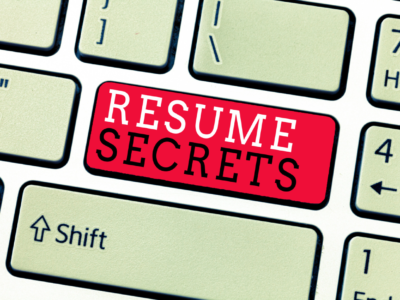Back in February we brought you news that AI was going to change the face of recruitment forever. It was scary. We were scared. And then nothing really happened. But since then talk of artificial intelligence has loudened, almost deafeningly so. From the world of technology, all the way to the realm of recruitment, there are more and more articles pouring out about how artificial intelligence will bring about the world as we know it.
From replacing humans in their everyday jobs – Andy Haldane, the Bank of England’s chief economist suggests that 15 million UK jobs will be taken in the coming years – to changing how we do our jobs, and even down to recruitment itself, AI is going to make a massive impact. It’s scary. I’m scared.
But should I be?
Perhaps we’re looking at artificial intelligence in the wrong way. It seems to me that the fear is predicated upon a sense of impending redundancy, and not only when it comes to our jobs. It’s a fear that we will become less capable of managing our everyday lives than the machines themselves.
But maybe that’s fine.
Perhaps we should lay to the side the sense of pride in our own fleshy capabilities and instead learn to work with artificial intelligence. After all, AI, theoretically, is completely void of the biases and prejudices that we, unavoidably, accrue throughout the days and years. Of course, in practise this can be changed to reflect any human prejudice you could imagine with some dodgy programming, or nefarious scheme in mind. Though let’s not get whisked away in conspiracy.
Instead, let’s take a look at how AI and recruitment can unite to create a better workforce, and bolster UK employment.
Applicant Data Diving
There are platforms out there right now that work just fine, but very soon we will have AI systems which can instantly compile total reports on applicants in a matter of seconds. Trawling for all public information online on both search and social, these systems will be able to perform personality assessments combined with instantaneous background checks and automated CV screening. Matching the right candidate with the right job role will become a strict, robotic science.
My verdict: it will be a good while before this sort of assessment is as effective as a seasoned recruiter, and the thought of having all your information scanned by robots isn’t a pleasant one. But if it’s public, it’s public and if it works, it works.
Applicant Assessments
Whether it’s situational judgement tests, or simply part of the interview process, we rely heavily upon our abilities to understand why someone acts the way they do, and what that means about them as a person. But we’re not always right. As I touched on above, people are prejudiced whether knowingly or not, and this will inform how they understand and relate to a candidate.
With artificial intelligence we will be able to use programs to record interviews; scanning facial movements and voice patterns to gauge emotional intelligence and truthfulness, and producing instant results.
My verdict: this is all a bit too Blade Runner, but I can’t see why it wouldn’t be used, especially by larger, more sensitive corporations or institutions.
Automated Marketing
In the current climate, the UK is inundated with recruitment companies, meaning that in order to source the right recruits, talent acquisition departments are often teaming up with marketing departments. And whilst we have the tools to track marketing efforts, from clicks on pages, to email effectiveness, future AI tools will be able to compile all of this data, per person, in order to create a tailored communications strategies for each individual.
My verdict: as it is, not enough is being done to keep recruits engaged, with many agencies too swamped to keep up. A marketing tool like this may be slightly intrusive, but if it’s more relevant marketing, it’s less annoying.
Of course, the scope is practically limitless when it comes to artificial intelligence and recruitment, though these are the most certain avenues to change. I say, as long as we are prepared for these developments, we can ensure job security and a prosperous future. Wariness and reluctance to combine AI and recruitment will simply mean being left behind.
[Tweet “AI And Recruitment: The Changing Tide”]
[subscribe2]









